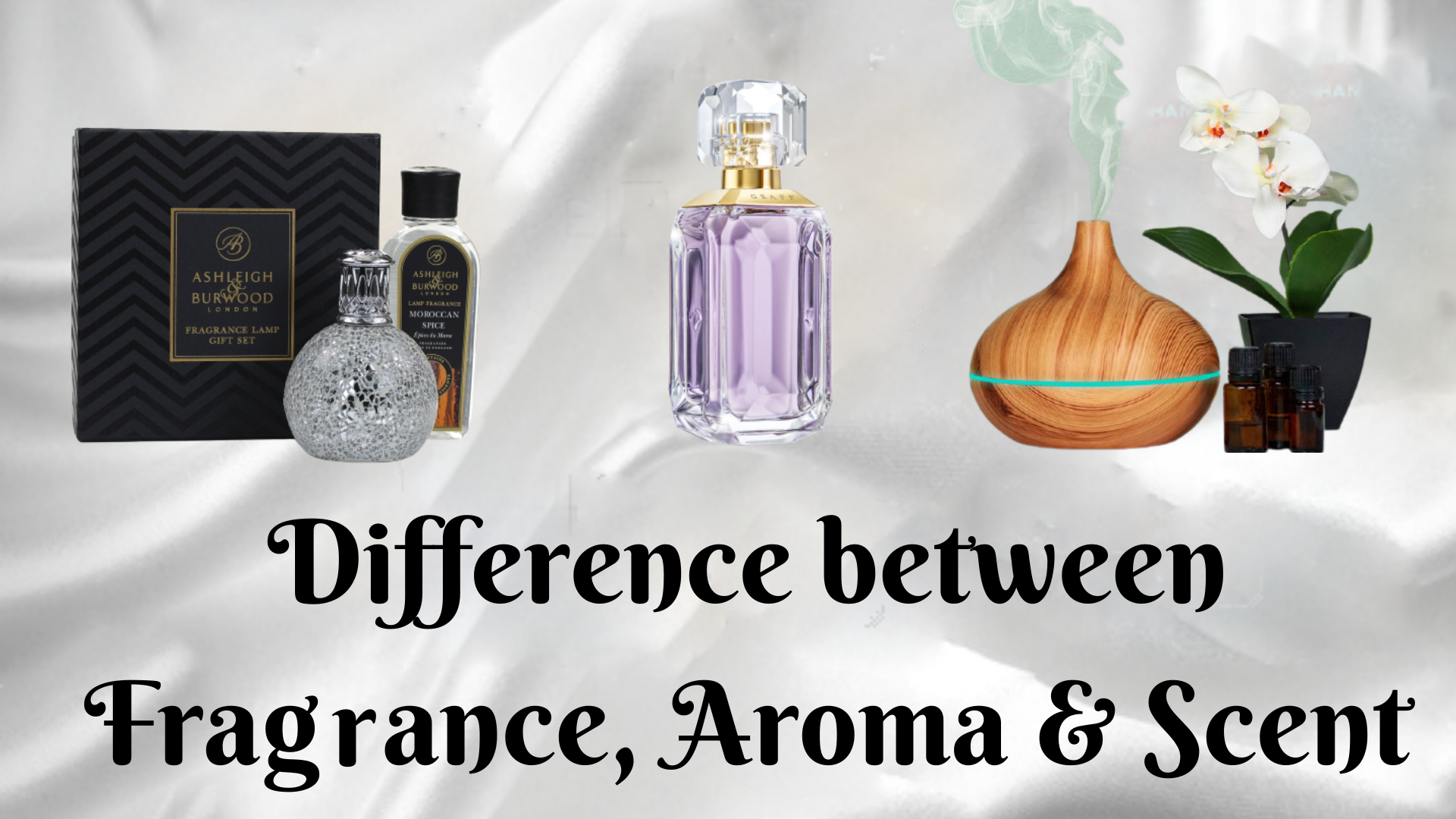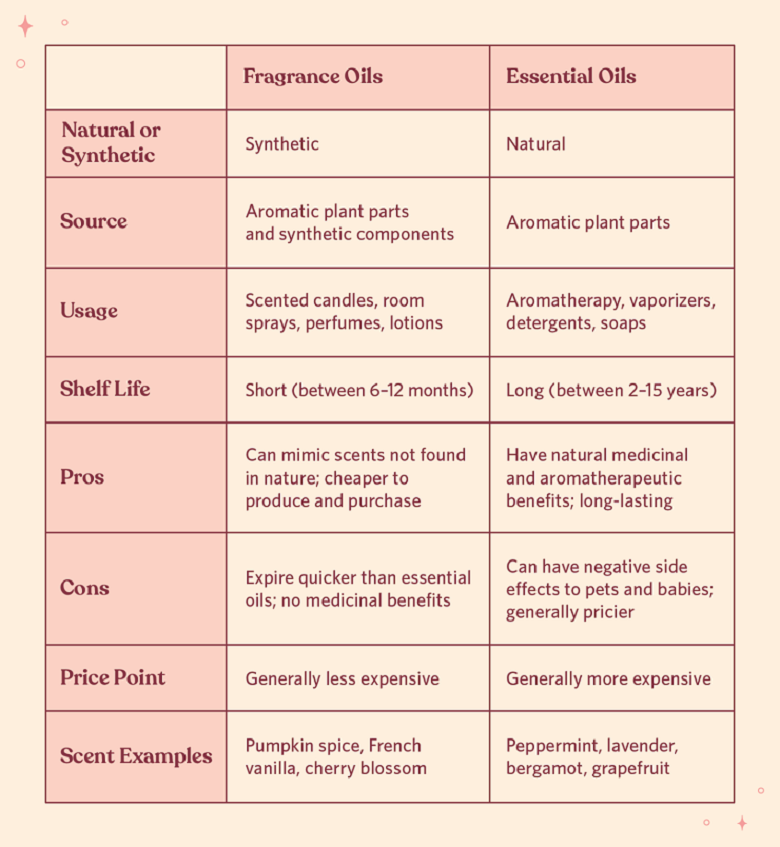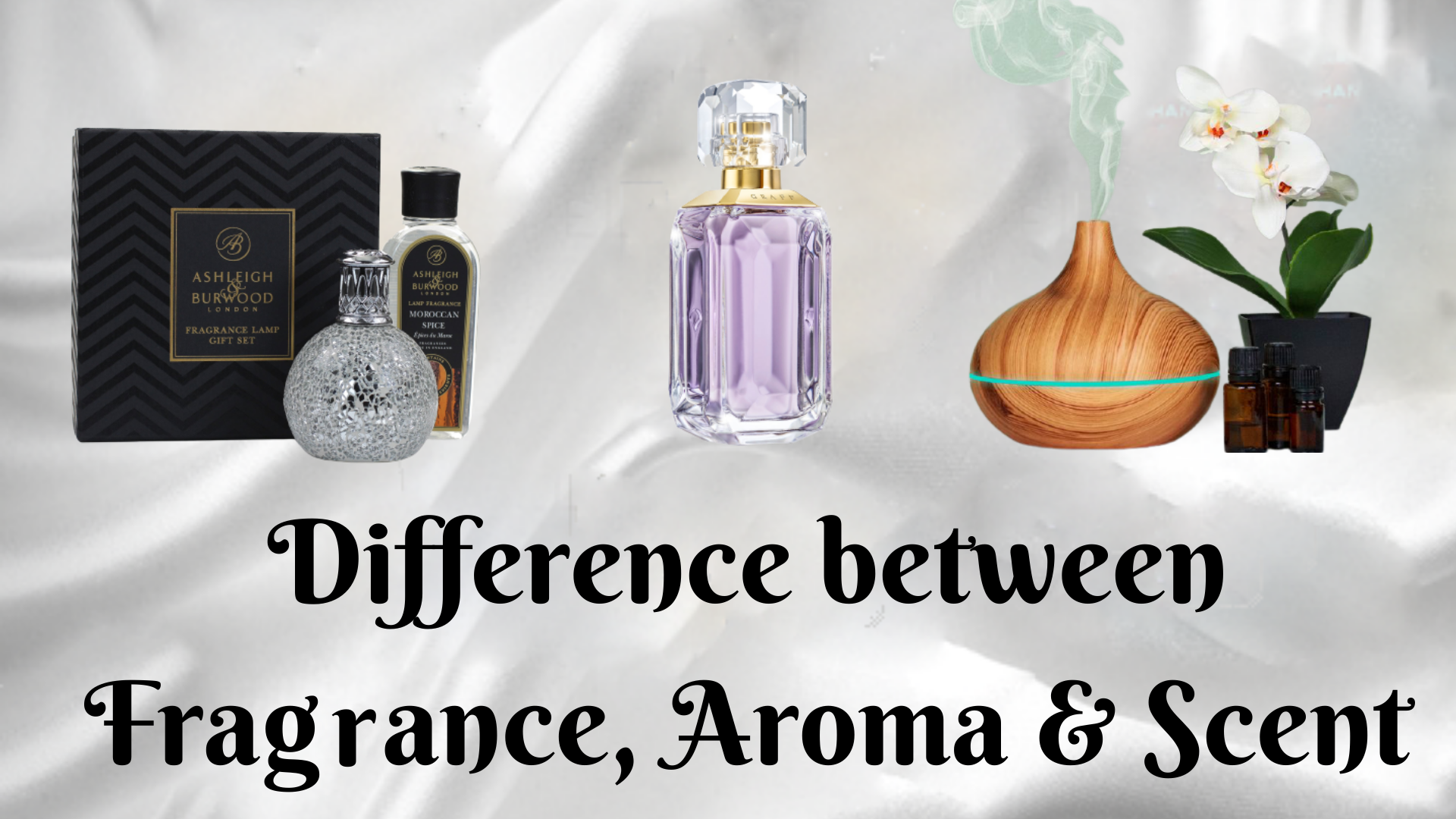When it comes to the world of fragrances, there can be confusion between the terms scent, aroma, and fragrance. But did you know that these words actually have subtly different meanings? While scent refers to the ability to perceive or detect an odor, aroma is the specific smell or fragrance produced by a substance. On the other hand, fragrance encompasses both scent and aroma, and is often used to describe a pleasant or attractive smell.
To understand the difference between scent, aroma, and fragrance, it’s important to delve into their origins. The word “scent” comes from the Latin word “sentire,” which means “to sense.” Aroma, on the other hand, has its roots in the Greek word “arōma,” which means “spice” or “sweet herb.” Fragrance, derived from the Latin word “fragrantia,” means “sweet-smelling.” An interesting statistic to note is that humans can differentiate between around 10,000 different scents, showcasing the intricate nature of our olfactory senses. With such a wide range of fragrances to explore, it’s no wonder that the perfume industry continues to thrive.
Scent, aroma, and fragrance are terms often used interchangeably, but they have subtle differences. Scent is the general term for a smell, while aroma refers specifically to pleasant smells. Fragrance is a broader term that encompasses both scent and aroma, and is often used in the context of perfumes or scented products. Understanding these nuances can help you make more informed choices when selecting scents or fragrances for personal use or home ambiance.

The Sensory World of Fragrances
Fragrances have the power to transport us to different places and evoke various emotions. They have the ability to make us feel joyful, calm, nostalgic, or invigorated. But what exactly are the differences between scent, aroma, and fragrance? Let’s explore the fascinating world of fragrance and understand the nuances of these terms.
When we talk about scent, aroma, and fragrance, we are essentially discussing the same concept: the olfactory sensations that we perceive through our sense of smell. However, there are subtle distinctions between these terms that are worth exploring.
So, let’s dive in and unravel the differences between scent, aroma, and fragrance, and discover how they impact our sensory experiences.
The Meaning of Scent
When we talk about scent, we are referring to the specific smell or odor that we detect through our nose. Scents can be pleasant or unpleasant and can be associated with various objects, substances, or environments. The term “scent” is often used in a more specific context, such as describing the fragrance of a flower or the smell of a particular food.
Scent has the power to trigger memories and emotions, and it plays a significant role in our daily lives. For example, the scent of freshly baked cookies may remind us of our grandmother’s kitchen, while the scent of a certain perfume may evoke memories of a loved one.
Scent is a subjective experience that can vary from person to person. What one person finds pleasant, another person may find repulsive. This is because our olfactory receptors and individual preferences differ.
Exploring Aroma
Aroma, like scent, refers to the smell or odor of a substance. However, aroma is often used in a more general and broader sense. It can encompass a wide range of smells, such as the aroma of coffee, the aroma of essential oils, or the aroma of a delicious meal.
Aroma is closely associated with the sense of taste. When we eat or drink something, our taste buds work in conjunction with our sense of smell to create a complete sensory experience. The aroma of food enhances our perception of its flavor and can greatly influence our enjoyment of a meal.
Like scent, aroma can also trigger memories and emotions. The aroma of certain foods may remind us of family gatherings or special occasions. The aroma of a particular plant or flower may transport us to a beautiful garden filled with blooming flowers.
Understanding Fragrance
Now, let’s delve into the term “fragrance.” Fragrance is a broader and more encompassing term compared to scent and aroma. It refers to any pleasant or appealing smell, regardless of its source or context.
When we talk about fragrance, we often associate it with perfumes, colognes, and other scented products. These products are specifically designed to emit an enticing fragrance that lasts for an extended period. Fragrances can be created using a combination of natural and synthetic ingredients, and they are often categorized into different scent families, such as floral, citrus, woody, or oriental.
Fragrances play a significant role in our personal grooming routines, and they can have a profound impact on our self-confidence and mood. The right fragrance can make us feel empowered, elegant, or playful.
The Interplay between Scent, Aroma, and Fragrance
While scent, aroma, and fragrance may have distinct differences, they are all interconnected and ultimately contribute to our overall sensory experiences. Scent and aroma are more specific terms that are often associated with natural smells and individual perceptions, while fragrance encompasses a wider range of smells and is often used in the context of perfumes and scented products.
Whether it’s the scent of a rose, the aroma of freshly brewed coffee, or the fragrance of a luxurious perfume, our sense of smell enriches our lives and adds depth to our experiences.
Comparing Scent, Aroma, and Fragrance
Now that we have explored the distinctions between scent, aroma, and fragrance, let’s summarize their key differences in a comparative format:
| Scent | Aroma | Fragrance |
|---|---|---|
| Refers to a specific smell or odor | Used in a broader sense, often associated with taste | Encompasses any pleasant or appealing smell |
| Subjective experience, varies from person to person | Enhances taste and can trigger memories | Often associated with perfumes and scented products |
| Can be associated with specific objects or substances | Can be a general term for any smell | Categorized into different scent families |
In Conclusion
The world of scent, aroma, and fragrance is a captivating realm that enhances our sensory experiences and evokes emotions and memories. Understanding the distinctions between these terms allows us to appreciate the multifaceted nature of our sense of smell. Whether we encounter a delightful scent, savor the aroma of a delicious meal, or indulge in the fragrance of a beautiful perfume, these olfactory sensations add richness and depth to our lives.
Key Takeaways: Scent vs Aroma vs Fragrance
- Scent, aroma, and fragrance are all terms used to describe smells.
- Scent refers to the perception of smell, while aroma refers specifically to a pleasant smell.
- Fragrance is a broader term that can refer to any odor, whether pleasant or unpleasant.
- Scents and aromas are often used in perfumes, candles, and other scented products.
- Fragrance is commonly used to describe the overall smell of a product, such as a lotion or detergent.
Frequently Asked Questions
In this section, we will address some common questions about the difference between scent, aroma, and fragrance.
1. What is the difference between scent, aroma, and fragrance?
Scent, aroma, and fragrance are often used interchangeably, but there are subtle differences between them. Scent refers to the smell or odor of something, while aroma describes a pleasant or distinctive smell. Fragrance, on the other hand, typically refers to a pleasant smell, often used in reference to perfumes or scented products. While scent and aroma can be used to describe any type of smell, fragrance is more commonly associated with products created specifically for their pleasant smell.
In summary, scent is a general term for any smell, aroma refers to a pleasant or distinctive smell, and fragrance specifically denotes a pleasant smell often found in perfumes or scented products.
2. Are scent, aroma, and fragrance subjective experiences?
Yes, scent, aroma, and fragrance are subjective experiences that can vary from person to person. Each individual may perceive smells differently based on their unique sensory receptors and personal associations with certain scents. What smells pleasant to one person may not be appealing to another. This subjective nature of smell is what makes fragrance selection a personal and individualized experience.
It’s important to understand that everyone’s sense of smell is unique, and what may be a pleasant aroma to one person may be an unpleasant scent to another.
3. Can scent, aroma, and fragrance affect our mood?
Yes, scent, aroma, and fragrance can have a significant impact on our mood. Certain smells have the power to evoke specific emotions or trigger memories, creating a psychological response in individuals. For example, the scent of lavender is often associated with relaxation and can help promote calmness and reduce anxiety. On the other hand, citrus scents like lemon and orange are known to boost energy and increase alertness.
The influence of scent on mood is a widely studied field known as aromatherapy. Many individuals use specific scents or fragrances to enhance their well-being and create a certain ambiance in their surroundings.
4. Can scent, aroma, and fragrance be artificial or natural?
Both artificial and natural substances can be used to create scents, aromas, and fragrances. Natural scents and aromas are derived from essential oils extracted from plants, flowers, or fruits. These substances are often considered more natural and can provide a more authentic scent. On the other hand, artificial scents and fragrances are created in a laboratory using synthetic chemicals. These synthetic fragrances can mimic natural scents but are not derived directly from natural sources.
It’s important to note that some individuals may have sensitivities or allergies to certain artificial fragrances, while others may prefer the scent of natural ingredients.
5. How is scent, aroma, and fragrance used in different industries?
Scent, aroma, and fragrance play a vital role in various industries, including:
– Perfume and cosmetics: Fragrances are used to create perfumes, colognes, and scented beauty products.
– Food and beverages: Aromas are used to enhance the flavors of food and beverages, creating an enjoyable sensory experience.
– Home and cleaning products: Scented products like candles, air fresheners, and cleaning agents use fragrances to create a pleasant environment.
– Hospitality industry: Hotels, spas, and resorts often use specific scents to create a welcoming and relaxing ambiance for guests.
The use of scent, aroma, and fragrance extends beyond these industries, highlighting their importance in creating unique experiences and enhancing our daily lives.

So, to sum up, scent, aroma, and fragrance are all terms that are used to describe how something smells. However, there are subtle differences between them.
Scent is a more general term that refers to the way something smells. It can be used to describe both pleasant and unpleasant smells.
Aroma is typically used to describe pleasant, often natural, smells. Think of the aroma of freshly baked bread or a bouquet of flowers.
Fragrance, on the other hand, is often associated with artificial scents, like perfumes or air fresheners, and can be used to describe both pleasant and unpleasant smells.
So, next time someone asks you about scent, aroma, or fragrance, you’ll know the difference!






Leave A Comment